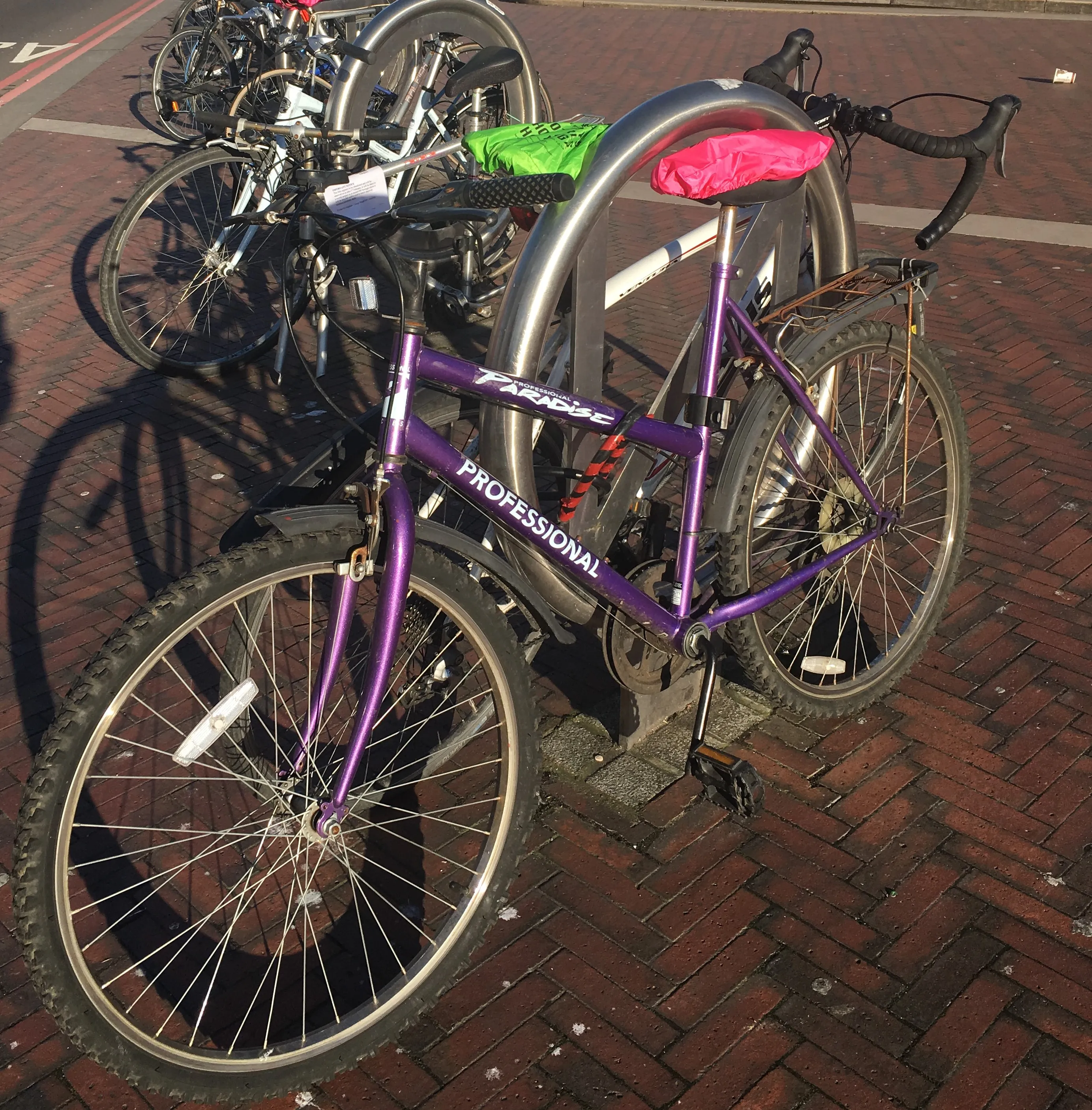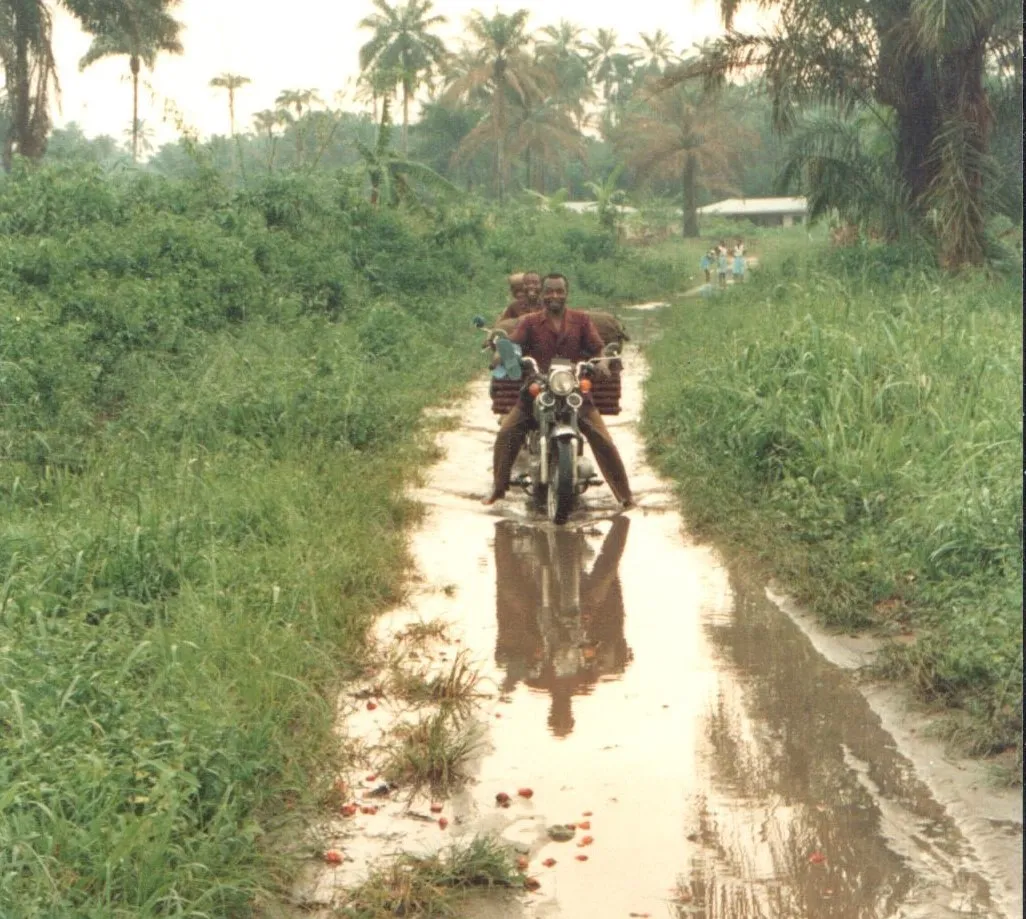UK car parking firm NCP has announced plans to pump pleasant aromas into many of its facilities in major cities including London, Birmingham, Leeds and Cardiff. The firm's research has highlighted that many of its customers find the smells often associated with car parks: exhaust fumes, urine and vomit, strangely off-putting. According to the research large numbers of customers seek alternative parking as a result. In a bid to tackle the issue and improve profitability, NCP intends to pump more pleasant sme
July 6, 2012
Read time: 2 mins
UK car parking firm NCP has announced plans to pump pleasant aromas into many of its facilities in major cities including London, Birmingham, Leeds and Cardiff. The firm's research has highlighted that many of its customers find the smells often associated with car parks: exhaust fumes, urine and vomit, strangely off-putting. According to the research large numbers of customers seek alternative parking as a result. In a bid to tackle the issue and improve profitability, NCP intends to pump more pleasant smells such as flowers, fruit, cut grass and freshly baked bread or coffee. Given that a significant percentage of the driving population suffers from grass allergies, pumping the smell of freshly cut grass into car parks could well lead to a rash of accidents cause by loss of control while sneezing or due to streaming eyes, presenting potential legal consequences for NCP.







